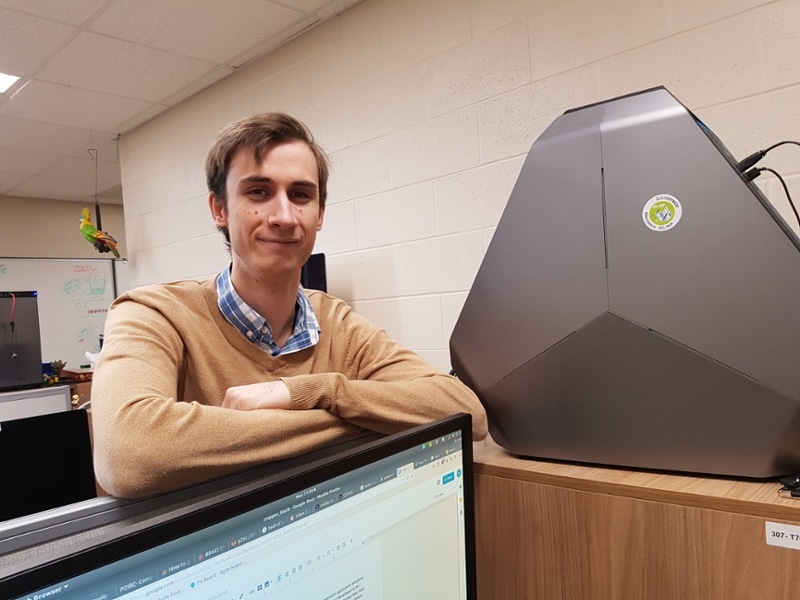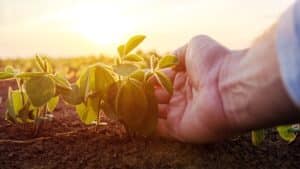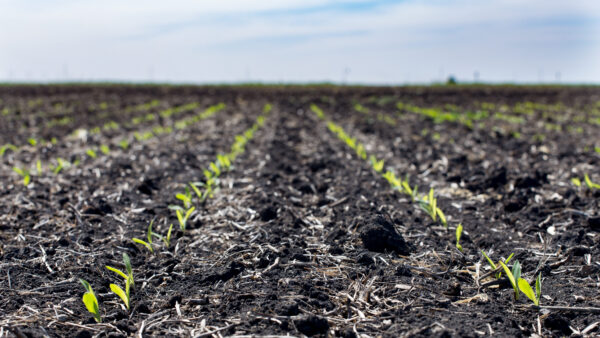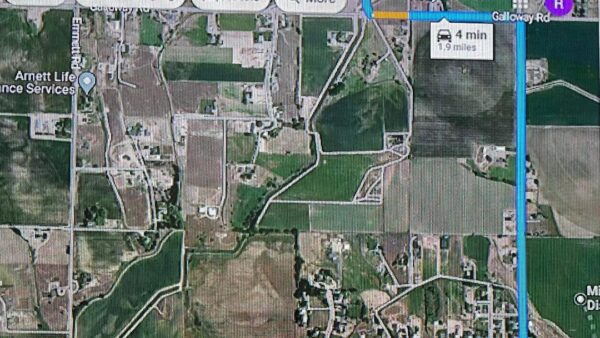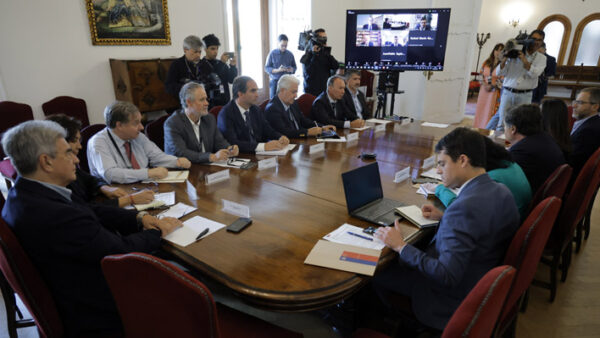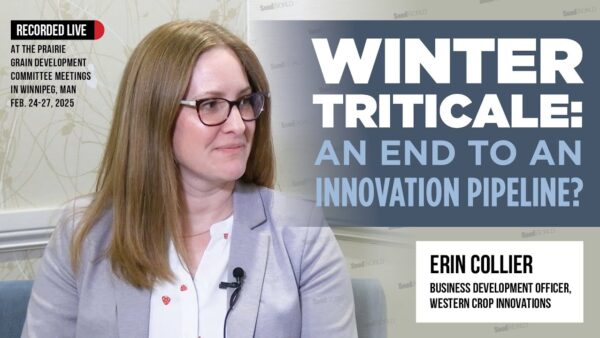The future of seed development is set to become more efficient thanks to PlotVision, a new image analysis software product from the University of Saskatchewan’s Plant Phenotyping and Imaging Research Centre (P2IRC).
Developed by P2IRC research associate William van der Kamp under the leadership of USask computer scientist Ian Stavness, PlotVision is a Software as a Service (SaaS) product for analysis of agricultural field imagery that has become the basis for an early-stage start-up.
PlotVision identifies individual field plots within unmanned aerial vehicle images and uses artificial intelligence (AI) to analyze their color, 3D shape and more, helping to predict outcomes such as harvest yield and disease resistance. Researchers can use this data to identify the most viable pesticides, fertilizers, and crop varieties.
“Plant breeding researchers and seed companies have to assess a large number of field plots to create new crop varieties and PlotVision will help increase the efficiency of this process and the quality of insights,” says Stavness, lead of P2IRC’s Deep Learning for Phenomics project. “PlotVision has the potential to play an important role in improving the seeds that farmers use.”
Unlike similar software on the market, PlotVision does not rely on human analysis, instead using automation and artificial intelligence to reduce costs and turnaround times while increasing the quality of information generated.
P2IRC is a digital agricultural research center funded by the Canada First Research Excellence Fund (CFREF) and managed by the Global Institute for Food Security (GIFS) at USask on behalf of the university.
“The goal of P2IRC is to help accelerate breeding and innovation, providing industry and all other stakeholders with the tools to address their major needs,” says GIFS Chief Executive Officer Steven Webb. “PlotVision is just one example of how we are using our wide array of competencies to drive meaningful interactions with our partners and bring innovative science to market.”
Webb adds: “The CFREF-funded program has enabled new multidisciplinary collaborations between plant breeders, computer scientists and others. William and Ian have done a great job with this.”
van der Kamp, a USask computer science graduate, was recently recognized for his innovative project by Saskatchewan technology incubator Co.Labs at the finale of a competition for early-stage tech startups, winning a $10,000 prize and a spot in the next Co.Labs cohort under the startup name Cropper.
Twelve startups, including Cropper, have been accepted into the Co.Launch initiative. The members participated in a three-month program, which included weekly sessions to assist them in building their startups and concluded with a competition for a cash prize and a spot in the Co.Labs cohort. Cropper was one of two winners at the finale.
Half the $10,000 prize — $5,000 — was sponsored by USask’s Innovation Enterprise to support the tech startup sector in Saskatchewan.
“The Co.Launch program is great because it gives potential entrepreneurs a great chance to work on their ideas, become better founders, and sharpen their pitch,” says van der Kamp.
“It’s an exciting time for Saskatchewan innovators. The local tech sector is a thriving, motivated community, and the University of Saskatchewan is producing lots of great research and skilled personnel to fuel that growth.”


